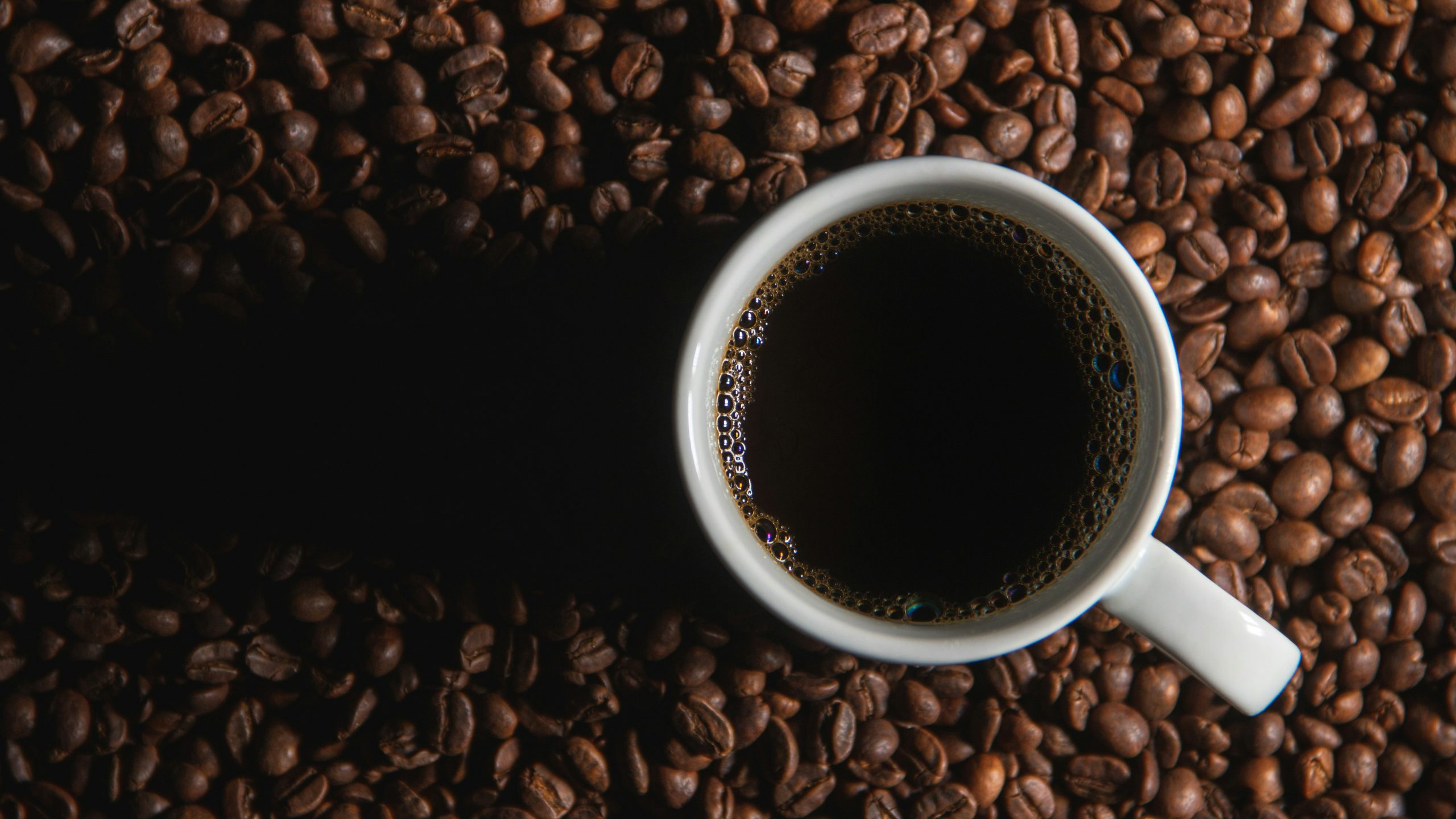**1. The General Relationship Between Black Coffee and Blood Sugar**
Pure black coffee (Americano) without added sugar, syrup, or creamer has almost no carbohydrates or calories, so it does not directly raise blood sugar upon consumption. Long-term, some research suggests that antioxidants like polyphenols in coffee may even be helpful in preventing type 2 diabetes.
**2. The Unexpected Effect of ‘Caffeine’**
However, some people with diabetes may experience a temporary rise in blood sugar after drinking black coffee. This is due to ‘caffeine,’ the main component of coffee.
– **Stress Hormone Release:** Caffeine can stimulate the release of stress hormones like cortisol and adrenaline in our bodies. These hormones can cause the liver to release stored glucose into the bloodstream, temporarily raising blood sugar.
– **Individual Differences:** This response does not occur in everyone and depends on an individual’s sensitivity to caffeine or genetic factors. People who regularly drink coffee may have developed a tolerance and experience less of an effect.
**3. How to Check and Respond**
– **Blood Sugar Monitoring:** The best way to find out how your body responds to caffeine is to measure your blood sugar before drinking black coffee and again 1-2 hours after, then compare the results.
– **Adjust Intake:** If your blood sugar rises, reducing your coffee intake or choosing decaffeinated coffee can be good alternatives.
Summary: In most cases, black coffee does not directly raise blood sugar, but it can cause a temporary increase in some people who are sensitive to caffeine. It is important to check your personal blood sugar response.


Leave a Reply